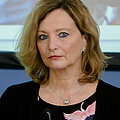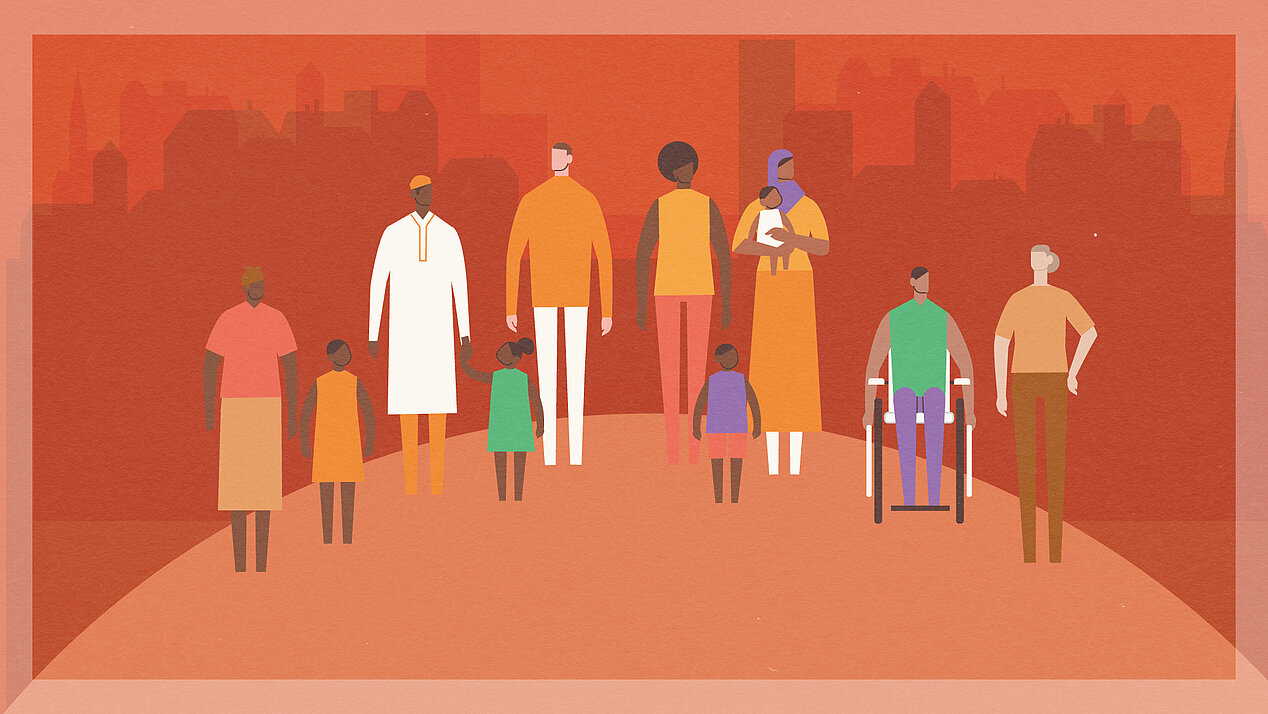ifa: After his trip to Greece in November 2019, the Home Secretary of Lower Saxony, Boris Pistorius, suggested that unaccompanied minors should be brought to Germany. The federal government opposed such a solo effort on Germany's part, arguing that this could send out the wrong signals in the negotiations for a new European asylum system. How should Germany position itself here?
Bendel: There are large networks and initiatives from committed communities, not just in Germany but throughout Europe, that are willing to voluntarily accept more refugees. These cities and communities could be supported by European funds and given the right to have a more direct say in the distribution of refugees. The federal government should amend the laws in Germany accordingly and understand that this willingness on the part of the communities is an opportunity and not a risk.
Although Skaramangas is not as overcrowded as the camps on the islands, the situation there is desperate. [...] We are watching a lost generation grow up there.
In other words, we need a 'Coalition of the Willing' in Europe to take in refugees. Germany has committed itself to such a coalition, at least as far as those rescued at sea are concerned. Nevertheless, we need a reform of the European asylum system. This was also repeatedly an issue in the discussions in Greece.
ifa: In July, Germany will take over the EU Presidency. What do you expect from the federal government with regard to the migration policy?
Bendel: The EU Presidency is a huge opportunity for Germany to position itself as an intermediary in the negotiations for a new EU asylum system. And there is no doubt that we are perceived as an honest mediator, precisely because our policy of the past few years is credible.
The SVR can also envisage a flexible model in which the responsibilities for border security, development cooperation as well as the intake and integration of refugees are distributed among various member states. As the largest donor of development aid in the EU, Germany would be responsible for development cooperation and, of course, for integration, because we have shown that we know how to do this.
ifa: What exactly does integration mean to you?
Bendel: Integration is something that everyone is responsible for. It refers not only to immigrants or people from migrant backgrounds: integration is the equal opportunity for everyone to participate in the central areas of social life. But it is also an ongoing process, and good results are never guaranteed. SVR's founding chairman, Klaus Bade, once phrased this very nicely, 'Integration is an enabling strategy.' Its objective is to give all the people who live here the possibility to make full use of their skills and talents by mobilising their abilities, including their dreams of a better life.
The EU Presidency is a huge opportunity for Germany to position itself as an intermediary in the negotiations for a new EU asylum system.






